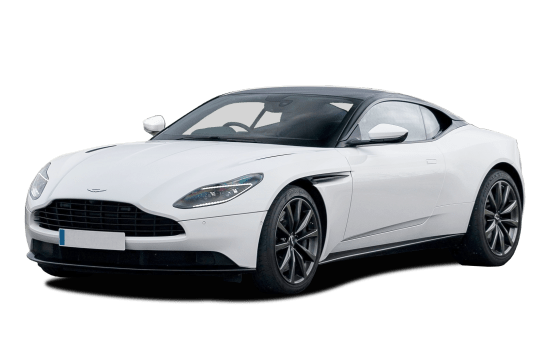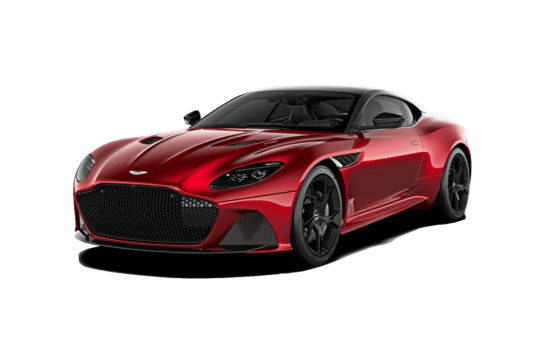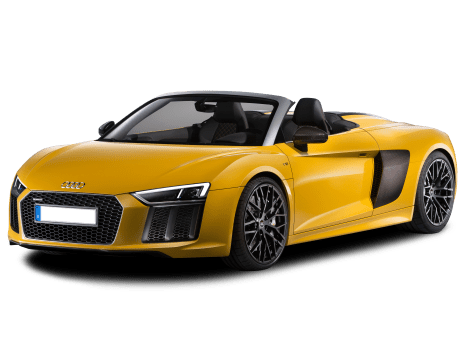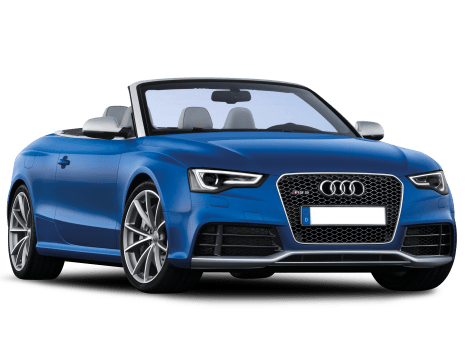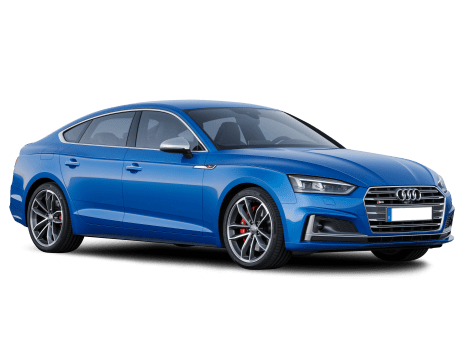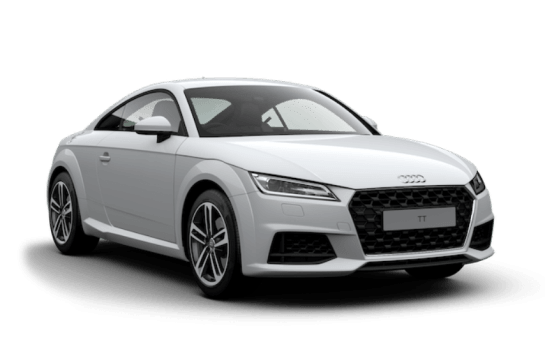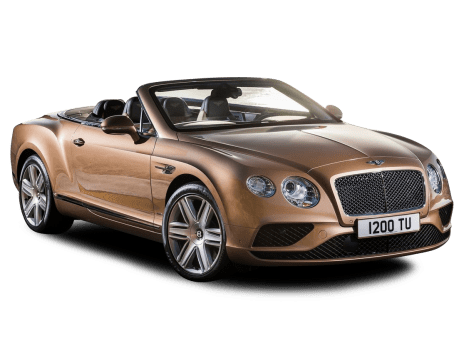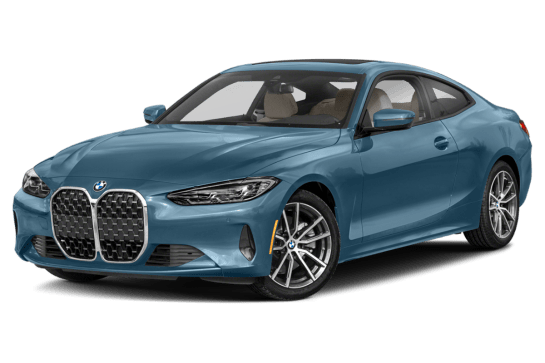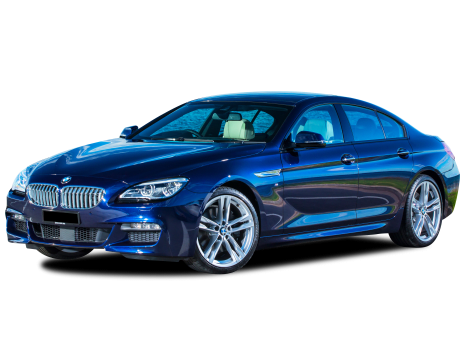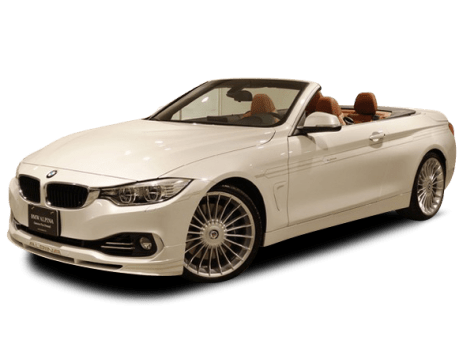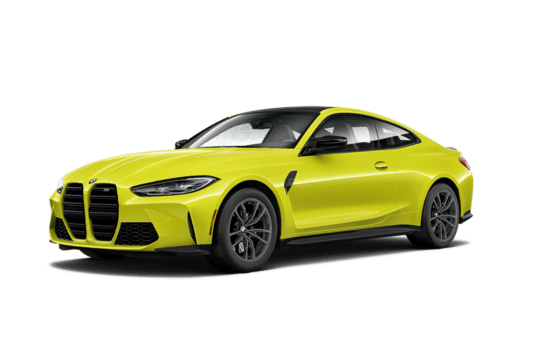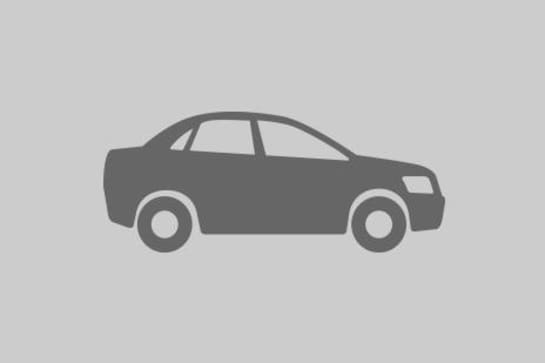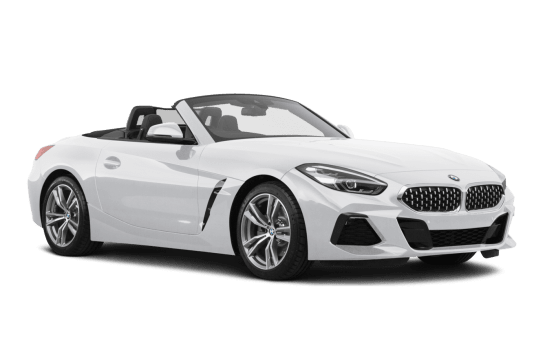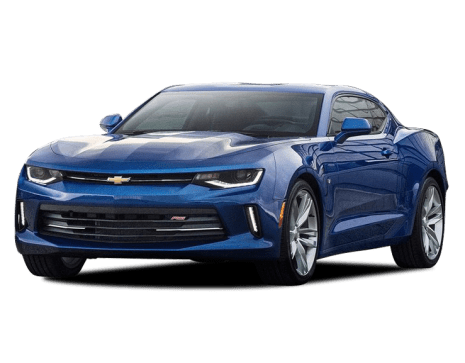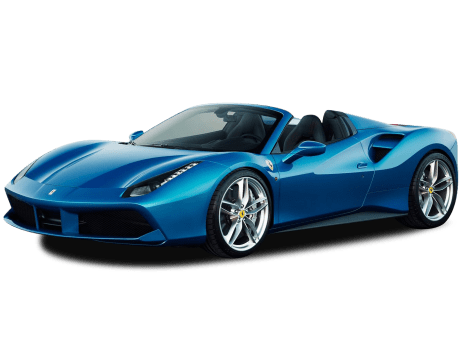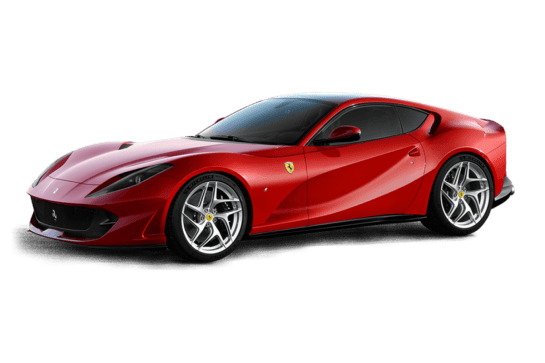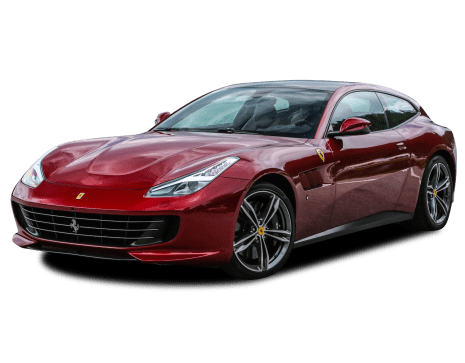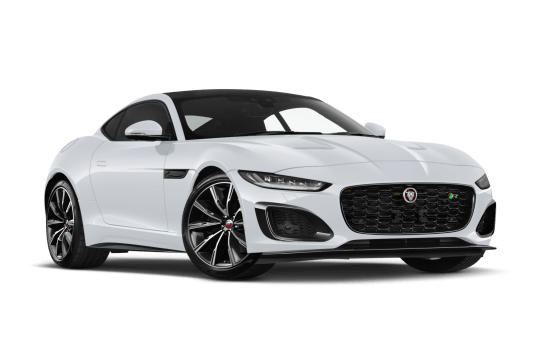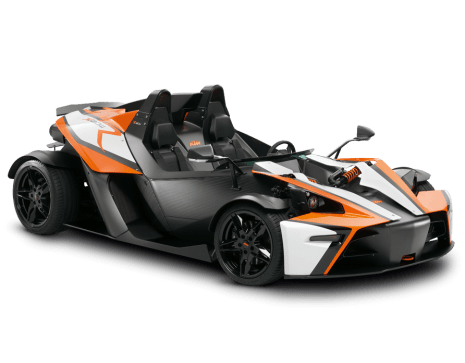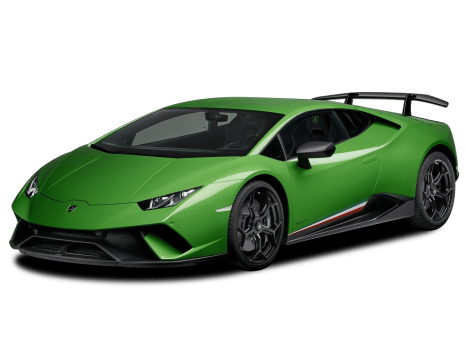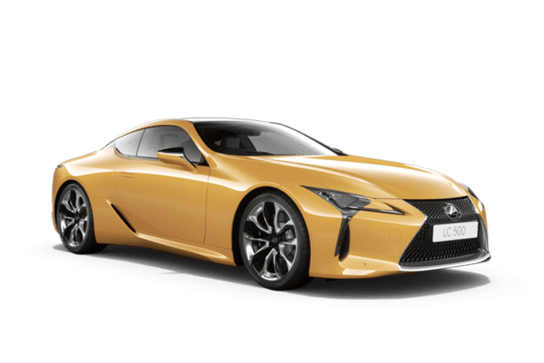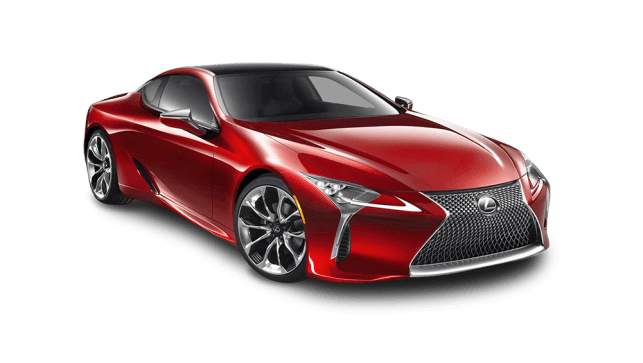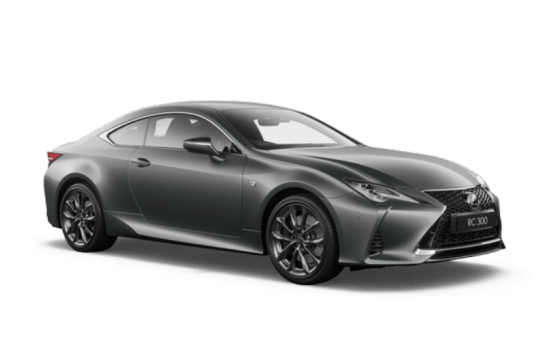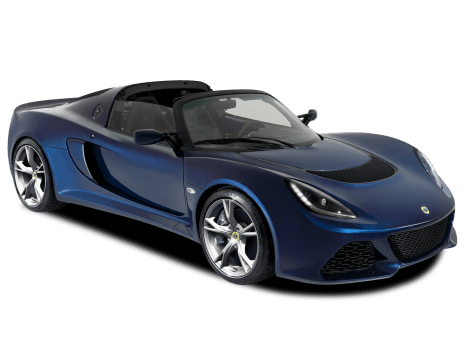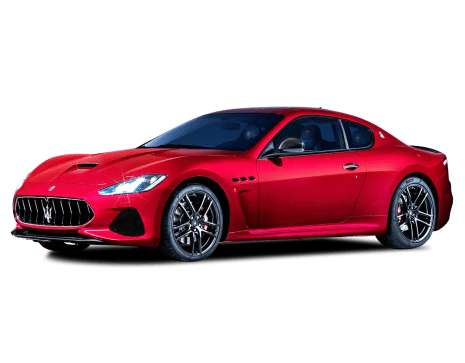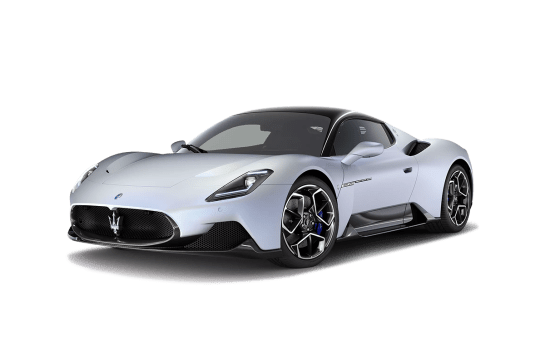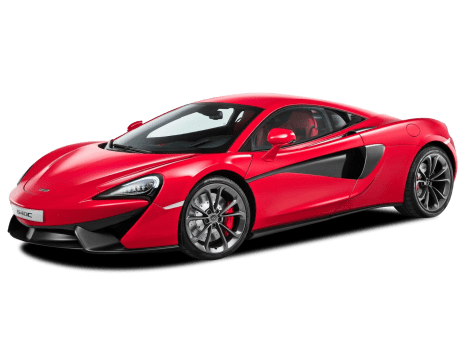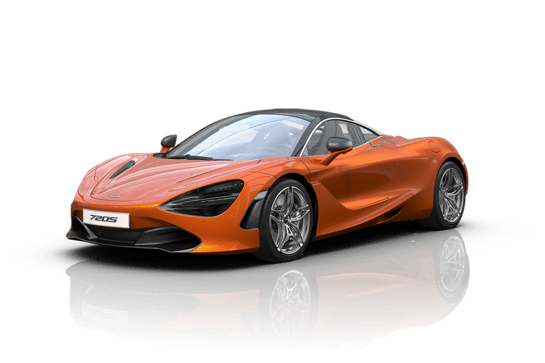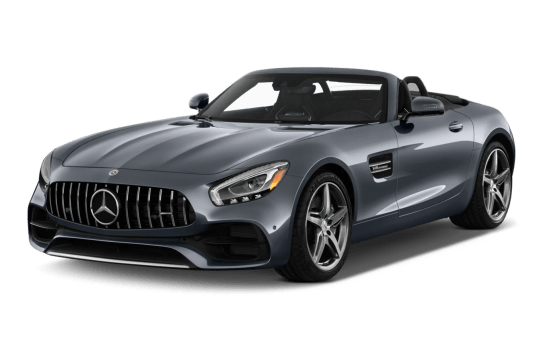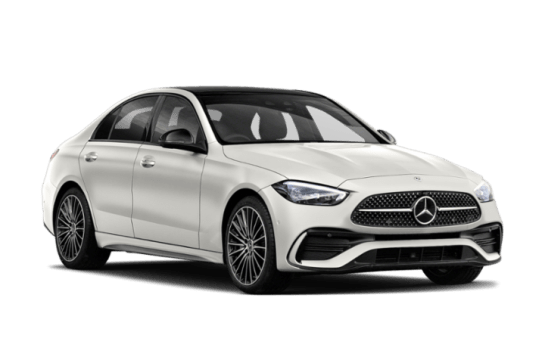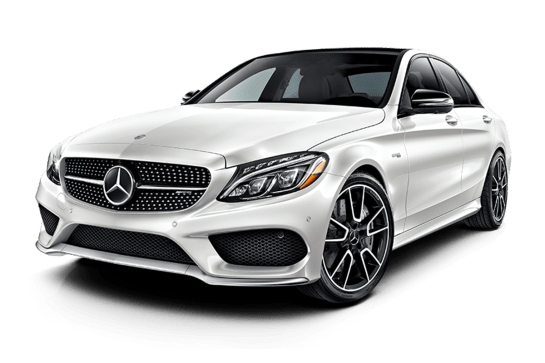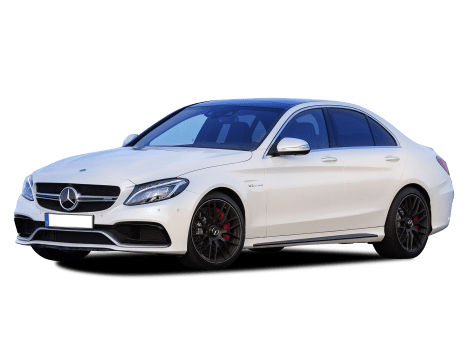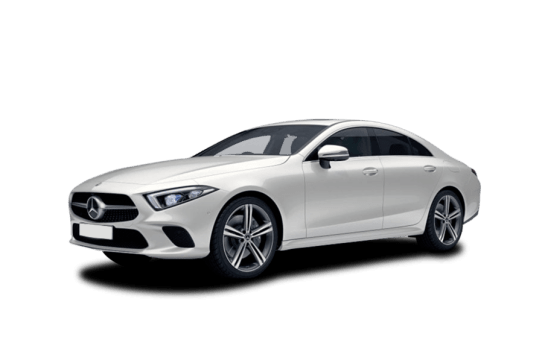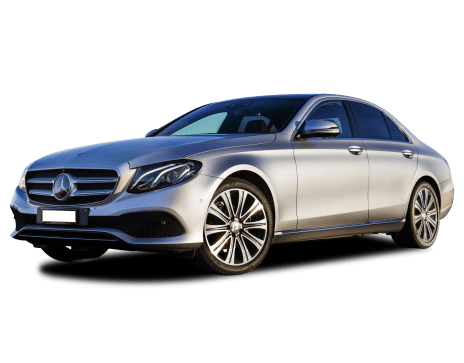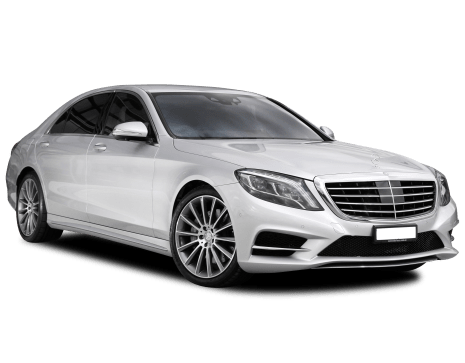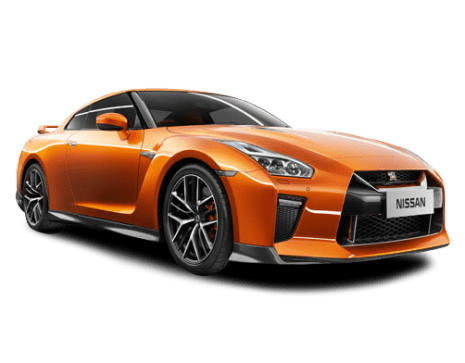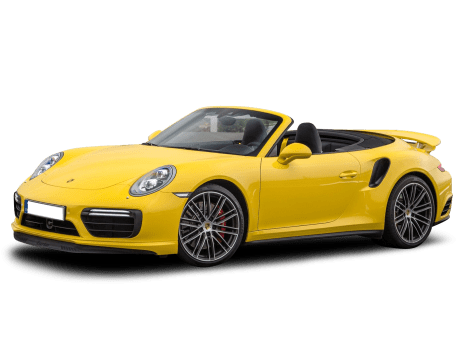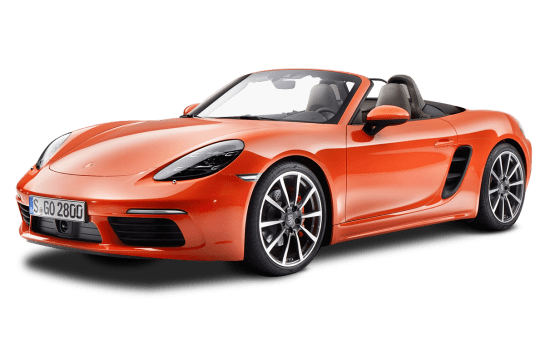
Porsche 718 VS Mclaren 720S
Porsche 718
Likes
- Superb handing
- Style Edition leather upholstery
- Special colours
Dislikes
- AEB not standard
- Dated interior
- Not as easy to live with as some rivals
Mclaren 720S
Likes
Dislikes
Summary
Porsche 718
Porsche has taken its entry-grade 718 Cayman and created a special Style Edition which adds more features and some nice aesthetic touches to what is one of the best and relatively affordable, prestige sports cars on the planet.
What makes this car even more special is knowing Porsche will adopt an electric powertrain for the next Cayman. Yup, this is one of the final Caymans to have a combustion engine. Talk about a limited edition.
So what’s not to love? Well, you’ll have to read on to find out because although the 718 Cayman Style Edition is wonderful in so many ways, there are some sides to it you need to know about before diving into the ownership experience.
Read more about
- "Who would have thought Porsche would go electric?" Porsche boss hails Taycan's "overwhelming success"
- Will the 2025 Porsche 718 electric car hit or miss? Aussie CEO's bold call on sales of upcoming MG Cyberster rival
- Porsche doesn't need support from Volkswagen or other sports car brands on eFuels - but Lamborghini, Bentley and more could all benefit from it in the end
Ready? Let’s go.
| Safety rating | — |
|---|---|
| Engine Type | 2.0L turbo |
| Fuel Type | — |
| Fuel Efficiency | 7L/100km |
| Seating | 2 seats |
Mclaren 720S
Years ago, McLaren wasn't really making McLarens. The ill-fated SLR was still in production, but was an oddity that made little sense - it was a highly specialised Mercedes and built to sell for crazy money to mega-rich F1 fans. Production was down to a trickle,and the iconic and legendary F1 had completed its run a decade earlier.
The "new" McLaren Automotive had a shaky start in 2011 with the unloved MP4-12C, which became the 12C and then morphed into the 650S, getting better with each reinvention.
The P1 was the car that really grabbed the world's attention and was then-new designer Rob Melville's first project for the British sports car maker.
Last year, McLaren sold its 10,000th car and production numbers are closing in on Lamborghini's. Sales have almost doubled in Australia and Rob Melville is still there, and is now the Design Director. The company, clearly, has done very, very well.
Now it's come time for McLaren's second generation, starting with the 720S. Replacing the 650S, it's the new Super Series McLaren (fitting in above the Sport Series 540 and 570S and below the Ultimate P1 and still-mysterious BP23), and is a car McLaren claims has no direct competitors from its rivals at Ferrari or Lamborghini.
It has a twin-turbo V8, a carbon fibre tub, rear-wheel drive and bristles with cleverness.
| Safety rating | |
|---|---|
| Engine Type | 4.0L turbo |
| Fuel Type | Premium Unleaded Petrol |
| Fuel Efficiency | 10.7L/100km |
| Seating | 2 seats |
Verdict
Porsche 7187.3/10
The 718 Cayman Style Edition only costs a bit more than the entry-grade Cayman it's based on, but opens up more special colours and contrasting features from the wheels to decals, even leather upholstery. The value is good, the look is enhanced and the car remains superb to drive on the right roads.
Living with a Cayman daily is ‘do-able’ but you’ll have to be understanding given it's not the most user-friendly car to drive, and then there’s the low-level safety tech.
But in return, you’ll own one of the best and relatively affordable prestige sports cars ever made and one of the last of the combustion-powered Porsche Caymans.
Mclaren 720S7.6/10
Past McLarens have been accused of being a bit soulless, but this one is alive. The last time I felt like this in a car was a Ferrari F12, one of the scariest but most brilliant cars I've ever driven. Except the 720S isn't scary on the road, just sheer genius.
The 720S doesn't necessarily beat the competition but it opens up new ways of doing supercar things. It's a car that looks amazing, is more than fit for purpose but has a wider range of talents than the others.
That makes it ever more compelling, both as a piece of automotive brilliance to admire, andl as something to consider when you've got half a Sydney apartment to spend on a car.
Australian roads await, but the drive through rural English country roads and villages was a great preview. All I can say is: gimme one.
Does a McLaren do it for you, or should super cars only be Italian?
Design
Porsche 7188/10
The 718 Cayman is often labelled as the 'junior 911' but that downplays its status as an outstanding sports car in its own right.
It’s not a smaller version of the 911, at all, but it is smaller than a 911. Not by much, though. The Cayman is 140mm shorter in length than the 911 at 4379mm end-to-end. Interestingly, the Cayman has a longer wheelbase at 2475mm and is taller at 1295mm.
The 718 Cayman is beginning to date in its design with this generation of the sports car arriving eight years ago. From the outside it’s holding up well in terms of styling , but inside it feels very 2016 with the small media screen and analogue dials.
It gives me a weird nostalgic feeling I normally only get driving older cars, but in a current model. Which could be why Porsche is jazzing the Cayman up with this Style Edition.
The Style Edition enhances the look of the entry-grade Cayman with 20-inch 718 'Spyder' wheels in a high gloss black or white finish, and there’s a choice of six special colours ranging from the Crayon hue our car wore to 'Ruby Star Neo', 'Shark Blue', 'Carmine Red' and 'Arctic Grey'.
The Style Edition also adds black sport tailpipes, full-colour Porsche crests on the wheel hub covers, a black leather interior with contrasting Crayon stitching, Porsche crest embossed headrests, illuminated door sills and floor mats with Crayon contrast stitching.
Buyers can also choose a 'Contrast Package' in black or white which adds Porsche lettering to the side of the car and a strip to the bonnet.
Mclaren 720S9/10
The 720S has received mixed reviews but nobody will say it isn't striking. I love it - every designer says their influence is a Lockheed SR-71 Blackbird (designer Melville even jokes about it), but you really can see it in the 720S, especially in the cockpit design, which looks like a glass canopy from that surveillance jet.
McLaren's signature dihedral doors, which go all the way back to the 1994 McLaren F1, are substantial, with a double skin to act as a serious piece of aero kit.
Melville told me in January that he thinks the cars look shaped by nature, using the example of a stone left in a stream to erode. The 720S is full of details evoking that image, with a clean, taut surface. Where everyone complained that the 12C was "designed in a wind tunnel", the 720S looks designed by the wind. In the carbon and aluminium, it looks extraordinary.
One of the most talked about features are those headlights - almost always finished in black, they're known as "the socket". When you get close you see slim LED DRLs, small but powerful headlights, and you then discover two radiators behind them. Follow it through and the air exits through the bumper, around the wheels and then through the door. It's quite something.
Inside is the McLaren we've come to know and love, but with a clever kicker. The dash panel looks lifted from a race car - but with far nicer graphics. Switch to "active" mode, turn everything up to Track and the panel swings down and presents you with a minimised set of instruments to reduce distraction and make up for a lack of head-up display - just speed, get and, revs.
Practicality
Porsche 7187/10
The 718 Cayman doesn’t have back seats - it's a two-seater sports car. Cabin storage is almost non-existent but is saved by a glove box and pull-out door pockets which are bigger than they look.
Surprisingly, there are three cupholders - two which pop out of the dashboard above the glove box and another in the small centre console bin.
Cargo space isn’t bad for a two-seater sports car with 184-litre rear boot and a front boot with a 150-litre capacity. That’s roughly one nine-year old child as you can see from the photos. My son wanted to sit in there, which I agreed to, but I said no when he asked me to shut the bonnet.
Mclaren 720S6/10
For a supercar, there is a surprising amount of space in the cabin. You can strap 220 litres of (hopefully) soft stuff on the rear shelf behind the seats and there's a 150-litre boot under the nose. You can store your track gear under there, including helmet, or even cram in a few soft bags for a weekend away.
Again, unusually a for a supercar, you're also treated to a couple of storage cubbies in the centre console.
There's plenty of room in cabin for two bodies and the driver's seat offers lots of adjustment. Despite being so close to the front wheels, your feet have space even for my ridiculous duck feet to fit easily. There's even enough headroom for those over six feet, although the glass portholes in the top of dihedral doors might not be so welcome in an Australian summer.
Price and features
Porsche 7188/10
The 718 Cayman Style Edition lists for $136,700 and this is for the manual version, the auto is $5340 more. All up Porsche is asking $4200 more than the entry-grade Cayman it’s based on. In return you’re getting some nice features you won't find on the standard model.
There's the chunky black exhaust tips, the full-coloured crests on the wheel caps and inside is the black leather interior package with embossed headrests, illuminated door sills, and floor mats with 'Crayon'-coloured stitching.
Buyers can also specify one of two Style Edition contrast packages - one in Black and one in White - at no extra cost. Ours had the Black package specified and added the Porsche decals to the side of the car, the stripe on the bonnet and the gloss black 20-inch wheels.
The colour of our car was Crayon which comes as part of the bespoke colour offerings with the Style Edition.
Along with these Style Edition features there are the standard features of the entry-grade Cayman, including LED headlights, proximity unlocking, power adjustable sports seats, media display with sat nav, Apple CarPlay and dual-zone climate control.
If you’ve been driving new cars lately you might be a bit disappointed by the Cayman’s small media display (it’s a 7.0-inch screen which is tiny by today’s standards) there’s also no Android Auto available (just Apple CarPlay) and safety tech is relatively light-on, too. You can read about this further down.
It should be pointed out here that our car was fitted with a dual-clutch automatic transmission and the optional adaptive cruise control ($2320).
Mclaren 720S7/10
Kicking off at $489,900 plus on roads, it's fairly clear that the car the local operation has in its sights is the Ferrari 488 GTB, which sells for around $20,000 less but rarely arrives with less than $40,000 in options on board. Two further versions of the 720S are available from $515,080, the Luxury and Performance spec levels, both largely cosmetic.
The 720S ships with 19-inch front wheels and 20-inch rears wrapped in Pirelli P-Zeros. The exterior is finished in "dark palladium" trim and the cabin is lined with Alcantara and Nappa leather. Also onboard is a four-speaker stereo, digital dash, dual-zone climate control, sat nav, active LED headlights, power windows, sports fronts seats and not much else.
A predictably lengthy options list includes paint from $0 to $20,700 (McLaren Special Operations, or MSO, will cheerfully find ways to charge you more for that extra special paint job), but most of the list is carbon fibre bits, reversing camera ($2670!), a $9440 Bowers and Wilkins stereo... you get the picture. The sky, or your credit card, is the limit.
The front lift kit is $5540 and totally worth it to protect the underbelly from driveways. Unlike a couple of Italian rivals, it's not mandatory for all speed-bump ascents.
As we discover every time we look at a car like this, the spec seems slim but none of its competitors have much in them, so it's line-ball.
Under the bonnet
Porsche 7188/10
So, under the bonnet of a Cayman is the front boot, but if it’s the engine you’re after you’ll need to go through the rear hatch because this is a mid-engined car.
Getting to the engine means removing several fixtures and covers which begins to feel like you’re dissembling the vehicle and comes with a rising anxiety that it all won’t go back together.
But it all clicks back in. It’s just a slow and tedious process. Fortunately, oil and water can be added by removing the circular covers you can see in the images.
Under the layers of covers, deep down just in front of the rear axle, is the Cayman’s 2.0-litre ‘flat’ four-cylinder turbo-petrol engine which makes 220kW and 380Nm. A seven-speed dual-clutch automatic transmission sends drive to the rear wheels.
It’s not a huge amount of power but the Cayman only weighs 1365kg and so can get from 0-100km/h in 5.1 seconds. Not brutally quick but the way this car handles is what you’ll like.
Oh, and just to be clear, the Style Edition doesn’t bring any extra power or engine changes. The outputs and performance are the same as the entry-grade Cayman.
Mclaren 720S9/10
The 720S runs a 4.0-litre version of McLaren's familiar flat-plane crank twin-turbo V8. Power is up to 537kW (or 720PS, hence the name) and torque up almost 100Nm to 770Nm, from 678. McLaren says 41 percent of the components are new.
A seven-speed twin clutch sends power to the rear wheels and the 1283kg dry (down 106kg from the 650S) monster hits 100km/h in 2.9 seconds, surely a cautious claim. The more alarming 0-200km/h clam is a terrifying 7.8 seconds, half a second quicker than its closest rival, the 488 GTB. That is seriously, insanely quick, while top speed is equally bonkers at 341km/h.
Instead of a complicated and heavy active differential, the 720S uses the rear brakes and various other methods to get the same effect. It's one of several ideas pinched from F1, some of them now banned.
Efficiency
Porsche 7187/10
Porsche says that after a combination of open and urban roads the Cayman’s fuel consumption should be 7.0L/100km. My 143km fuel test, taking in country roads and school runs, used 21.8L of petrol and equates to 15.2L/100km. Which means I had about twice as much fun as Porsche did when it recorded its fuel consumption.
The 64-litre tanks means in theory you should be able to travel 914km between fills if you’re conservative with fuel.
Mclaren 720S7/10
McLaren claims the European combined cycle could return 10.7L/100km, but we have no way of knowing if that is accurate because we weren't mucking about on the day we had the car.
Driving
Porsche 7189/10
The 718 Cayman Style Edition doesn’t come with any performance advantages over the already brilliant entry-grade Cayman it’s based on. And it is brilliant to drive. Several big steps above Audi’s TT, Nissan's Z or Toyota and BMW’s Supra/Z4 'twins under the skin' in terms of handling, steering and engagement.
That said, the Cayman isn’t as easy to drive as any of those cars. The steering is heavy, the accelerator is stiff, the dual-clutch auto transmission feels a bit rough and the turbo lags, then sends in the mumbo a bit too fast and too late. Oh, and and the seats are a tad tight.
But I can overlook all of this because on good winding country roads the Cayman feels like a water drop running down a wall, moving naturally and harmoniously around whatever it encounters.
The day-to-day school runs and grocery getting isn’t quite as poetic, and a Cayman proves challenging in the real world over potholes and in supermarket car parks. You’d have to love the Cayman for better or worse, as many do, to live with it daily. If you can't, there's the Audi TT.
Mclaren 720S9/10
One of the biggest changes from 650 to 720 is the new Monocage II carbon fibre tub. The drop in overall weight is partly because the cage now includes the windscreen hoop, which previously was metal. Kerb weight with all fluids and a 90 percent full fuel tank (don't ask why 90 percent, I don't know either) it weighs 1419kg, giving it the same power-to-weight ratio as a Bugatti Veyron. Yikes.
The 720S is an astonishing car. We always say you can pootle in a modern supercar, but the 720S is so user-friendly, maneouvreable and so easy to see out of - there are no significant blind spots with an almost entirely glass roof - you can tackle city and country in comfort mode and actually be comfortable. Comparatively, a Huracan goes all blergh in Strada mode and the 488 GTB never stops begging you to kick it in the guts. The McLaren is easy, liveable and smooth.
I was driving a left-hand drive car in the UK, which should have been a complete nightmare, but it was fine - the vision is excellent, particularly over the shoulder.
But when you do decide to kick the 720S into action, it's wild. The acceleration is brutal, the handling impeccable and the ride, oh, the ride. No supercar can handle bumps, irregularities and flat out poor surfaces like the McLaren. The 540C's ride is incredible as it is, but the 720 is just wow.
Because it's quite light, the nose goes where you point it, the huge brakes have less to stop, the towering power less to push. The steering in the 720S is well-weighted but has tons of feel - you know what's going on underneath the double-wishbone sprung front wheels and you can adjust what you're up to accordingly. The stability system is excellent, too. Never overbearing or abrupt, where talent ends and the help begins is delightfully blurry.
The new engine is a bit more tuneful than past McLarens - there's even a loud-start party trick - but it's not loud and overbearing. You'll hear turbos whisting, sighing and pshawing, a deep bassy exhaust note and some awesome intake roar. But there's not much off-throttle character. It does at least do away with the histrionics of the Italians.
The only serious drama is the amount of noise bouncing around the cabin over about 100km/h. There's a lot more glass than sound-soaking Alcantara, which explains some of the extra tyre racket over a 650S. You can't have everything, I guess.
Safety
Porsche 7185/10
The almost complete lack of standard advanced safety technology on board the Porsche Cayman might be a deal-breaker for you. There’s no AEB (forward or reverse), no cross-traffic alert and no lane keeping assistance. But there is blind-spot warning, front and rear parking sensors and a reversing camera. Adaptive cruise control is a $2320 option.
The 718 Cayman hasn’t been crash tested and therefore doesn’t have an ANCAP rating, but you’ll be pleased to know there are four airbags covering the driver and passenger.
Mclaren 720S7/10
Along with a super-strong carbon tub, to which is fitted aluminium crash structures front and rear, the 720S comes fitted with six airbags, stability and traction controls and carbon ceramic brakes with ABS (100-0 happens in fewer than 30 metres).
Ownership
Porsche 7186/10
The Cayman Style Edition is covered by a three-year/unlimited kilometre warranty and servicing is needed every 12 months or 20,000km.
With Porsche, final service costs are determined at the dealer level (in line with variable labour rates by state/territory).
We'd like to see the warranty coverage increased to five years/unlimited kilometres which will bring it in line with more mainstream brands.
Mclaren 720S7/10
The 720S comes with McLaren's three-year/unlimited kilometre warranty with roadside assist. McLaren will want to see you every 12 months or 20,000km, which is quite unusual at this level.


